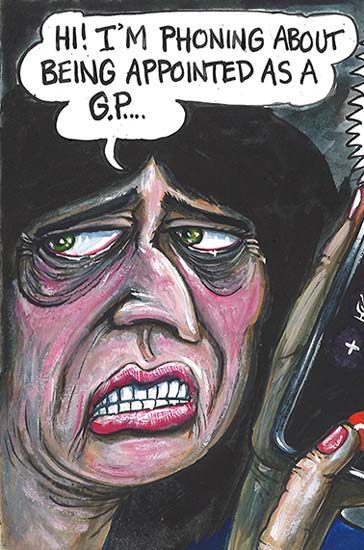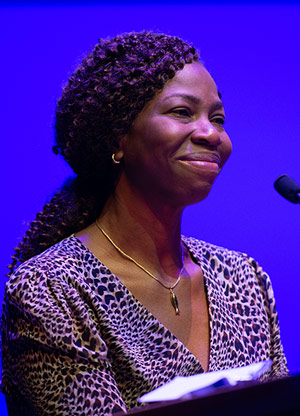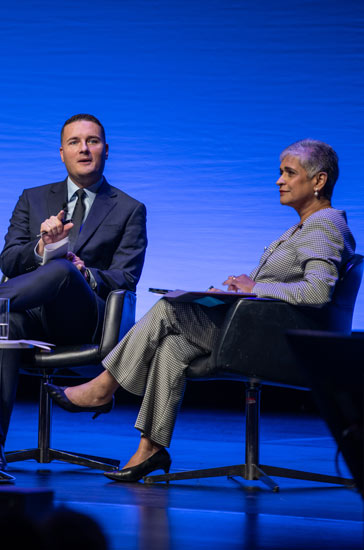

The GP unemployment paradox
Regulation of general practice should help to keep patients safe and support practices that might be struggling. But concerns about the Care Quality Commission (CQC) – the body that inspects GP practices - have become undeniable.
The RCGP has been raising concerns about (and with) the CQC for several years, following numerous and worrying reports from members.
“The College had to speak out,” says Prof Kamila Hawthorne, RCGP Chair, “members were telling us that preparing for CQC inspections is highly and unnecessarily stressful, especially when GP teams are already working under intense pressure. We’ve also called out potential bias that inspections have shown against ethnic minority-led GP practices – some of the reports we’ve heard have been really concerning.”
This led to the College calling for a pause in routine CQC inspections of GP practices – and for an end to the ‘one-word’ rating system organisation uses at its governing Council meeting last November.
Following this intervention, the newly appointed CQC Chief Executive, Sir Julian Hartley has met with RCGP representatives and Council members. “It gave members an opportunity to share their experiences of CQC inspections directly with the person who is now in charge of reforming the organisation,” says Kamila.
Issues put to Sir Julian at the meeting included unclear inspection criteria, inconsistencies in inspector training, disproportionate scrutiny of administrative processes and significant delays in responding to appeals. Council members also raised serious concerns regarding racial bias and a lack of recognition for improvements within practices.
“The College made it clear that this must change,” says Kamila, “Sir Julian was receptive to members’ concerns and we agreed to work together to develop an action plan moving forward.”
The College will be meeting with the CQC again shortly to discuss short, medium and long-term recommendations for how to reform the inspection process and improve the regulator’s relationship with general practice.
“We want to see an improved, cost-effective and evidence-based approach to assessments and inspections that genuinely supports quality improvement and ensuring patient safety without adding unnecessary burdens on general practice – and the RCGP wants to work with the CQC, and patient organisations, to design this,” says Kamila.
One development already in process is recruitment of a new Chief Inspector of General Practice, and Kamila is participating in the interview process. She explains, ‘the fact that this position has sat empty for so long is an indication of how inadequately general practice has been prioritised by the inspectorate. Getting the right person in this role will be essential moving forward.” Just last week, Dr Bola Owolabe was appointed to the role (Dr Owolabe featured in GP Lives in December 2023).
The College also wrote to Minister of State for Care, Stephen Kinnock, outlining its concerns with the CQC and calling for action to address them.
In response, Mr Kinnock acknowledged the College’s concerns and stated the CQC would ‘ensure it examines a complete picture, allowing it to produce better reports that are clearer about judgements and ratings.’
“Reforming the CQC is not an issue that will be solved overnight, it will require serious thought and engagement, not just with the College and other health organisations, but patient representatives too. The College will continue to work with the government and the CQC to create a more proportionate system of inspection that is fair and most importantly, works in the best interests of patients,” says Kamila.
Read more
Thank you for your feedback. Your response will help improve this page.


